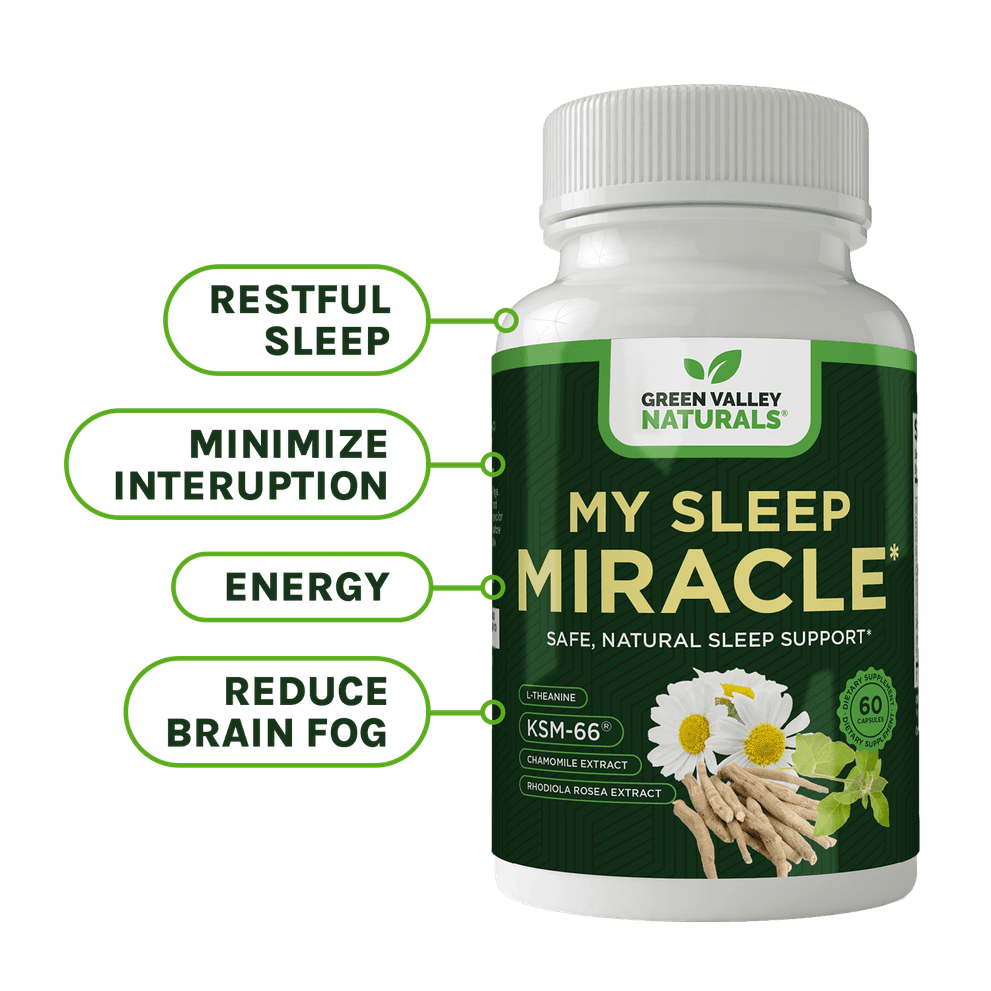
Imagine a world where you finally have all the free time you’ve ever wished for—no deadlines, no packed schedules, just endless hours to do whatever you please. Sounds like paradise, right? But what if this seemingly perfect scenario had an unexpected downside? Recent research has uncovered a surprising paradox: while having too little free time can be a major source of stress, having too much might not be the blessing we assume. Could an excess of leisure be harmful to your well-being? The answer may surprise you.
Key Takeaways
-
Free Time is a Double-Edged Sword – While having too little free time can lead to stress and burnout, an excess of it may decrease overall happiness and well-being.
-
Productivity Matters – How free time is spent is crucial; engaging in purposeful activities like hobbies, exercise, or volunteering enhances happiness more than passive leisure.
-
The ‘Sweet Spot’ Exists – Studies suggest that around two to five hours of discretionary time per day is the optimal range for maximizing happiness without experiencing a decline in well-being.
The Happiness Formula: Finding the Perfect Balance of Free Time
In our time-crunched world, many of us lament our lack of free time, which can lead to burnout and a host of stress-related health issues.
However, researchers say there’s a fine balance when it comes to the amount of free time necessary for good mental health and well-being.
Can too much free time be harmful? Here’s the surprising answer…
Researchers from the Wharton School of the University of Pennsylvania and the University of California, Los Angeles (UCLA) found that as a person’s free time increases, so does that individual’s sense of well-being.
But here’s the kicker…
They discovered that too much free time is also detrimental.
Too Much of a Good Thing
Marissa Sharif, PhD, an assistant professor of marketing at The Wharton School and lead author of the paper, explains the new findings, saying, "We found that having a dearth of discretionary hours in one's day results in greater stress and lower subjective well-being. However, while too little time is bad, having more time is not always better."1
The research team found that excessive free time may diminish well-being. That’s because folks don’t feel they’re being productive. As Prof. Sharif points out, productivity means more than simply filling one’s time.
“How you spend the free time matters a lot,” Prof. Sharif said. “If you use the discretionary time productively, that can make you feel accomplished, fulfilled.”
Large-Scale Study on Time Use
The researcher's first step was to analyze data from 21,736 Americans who participated in the Bureau of Labor Statistics' American Time Use Survey. Participants offered detailed accounts of their last 24 hours and their correlating sense of well-being.
Not surprisingly, the analysis revealed that, as free time increased, so did the participants’ sense of well-being—at least initially.
"Up to a certain point, you see that the relationship between the amount of time that you have and happiness levels off," says co-author Cassie Mogilner Holmes, PhD, professor of marketing and behavioral decision making at the UCLA Anderson School of Management.
After two hours of free time, the participants reported that their sense of well-being and feelings of happiness started leveling out. At five hours, these positive feelings began to decline.
Then researchers dug a little deeper…
Productive vs. Unproductive Free Time
Next the team looked over data collected from more than 13,000 employed Americans. They asked this group how much free time they had, and to describe their overall sense of well-being.
What did the researchers learn?
As with the previous study, they found that free time was beneficial but only up to a certain point. Free time doesn’t buy you happiness.
Surveys of this ilk that rely on self-reported data are useful, but they’re not without limitations. So, researchers went back to the drawing board…
They recruited 6,000 folks who were asked to imagine different amounts of free time during the day. Then, the participants were asked to explain how they would expect to feel during each of these scenarios.
Additionally, these people were told to imagine spending their time engaged in either “productive” activities like exercise or hobbies or “unproductive” pursuits such as watching TV.
Sure enough, researchers found that having too much free time was just as bad for well-being as not having enough.
Those people on the lower end of the free time scale reported feeling stressed that they had too little time to do things that gave them a sense of purpose. On the flip side, those with a bounty of leisure time struggled with the notion that they weren’t being productive enough. Turns out that the people who landed somewhere in the middle scored the highest when it came to perceived happiness.
What’s more, the research also revealed that perceived happiness improves when a person’s free time is spent on productive activities, such as gardening or practicing an instrument.
The scientists published their findings in the Journal of Personality and Social Psychology.2
My Takeaway
These studies were conducted with working Americans. However, I’d like to see more research on retired people who often find themselves with an excess of free time. In a way free time is like money in the bank.
How are you going to spend it?
Previous studies show that it’s important to spend our time deliberately, engaging in activities that give us a sense of purpose, especially as we age.
For instance, one study suggests that volunteering might lengthen your life.3 Volunteers lived longer than people who didn't volunteer if they reported altruistic values or a desire for social connections as the main reasons for wanting to volunteer, according to the study.
However, don’t discount the value of spending your free time with friends and family, pursuing a hobby, taking a walk, or enjoying a good book.
Summary
In today’s fast-paced world, most people dream of having more free time, assuming it will lead to greater happiness. However, a study from the Wharton School and UCLA reveals a surprising twist: while a lack of free time can be detrimental, an excess of it can also reduce well-being. Researchers analyzed data from thousands of Americans and found that happiness peaks with around two to five hours of free time daily—beyond that, it begins to decline. The key isn’t just having free time but using it productively. Engaging in purposeful activities such as hobbies, social interactions, and exercise can enhance happiness, while excessive unstructured leisure can leave people feeling unfulfilled. The study suggests that balance, not abundance, is the true key to well-being.
Frequently Asked Questions
Can too much free time really make you unhappy?
Yes, research indicates that excessive free time can lead to feelings of aimlessness and reduced well-being, much like having too little.
What is the ideal amount of free time per day for happiness?
Studies suggest that around two to five hours of discretionary time per day is the sweet spot for maximizing happiness.
Does it matter how I spend my free time?
Absolutely. Engaging in productive activities like hobbies, exercise, or social interactions enhances well-being more than passive activities like watching TV.
Are there differences in free time effects between working and retired individuals?
The study primarily focused on working individuals, but further research is needed to understand how excessive free time affects retirees.
How can I make the most of my free time?
Prioritize activities that provide a sense of purpose and fulfillment, such as learning new skills, volunteering, or spending quality time with loved ones.
- American Psychological Association. (2021, September 9). Too much free time may be almost as bad as too little: Using excess discretionary time on productive activities can help bolster well-being.
- Marissa A. Sharif, Cassie Mogilner, Hal E. Hershfield. Having too little or too much time is linked to lower subjective well-being. Journal of Personality and Social Psychology, 2021
- (2011, November). Selfless volunteering might lengthen your life, research suggests. Monitor on Psychology, 42(10).

